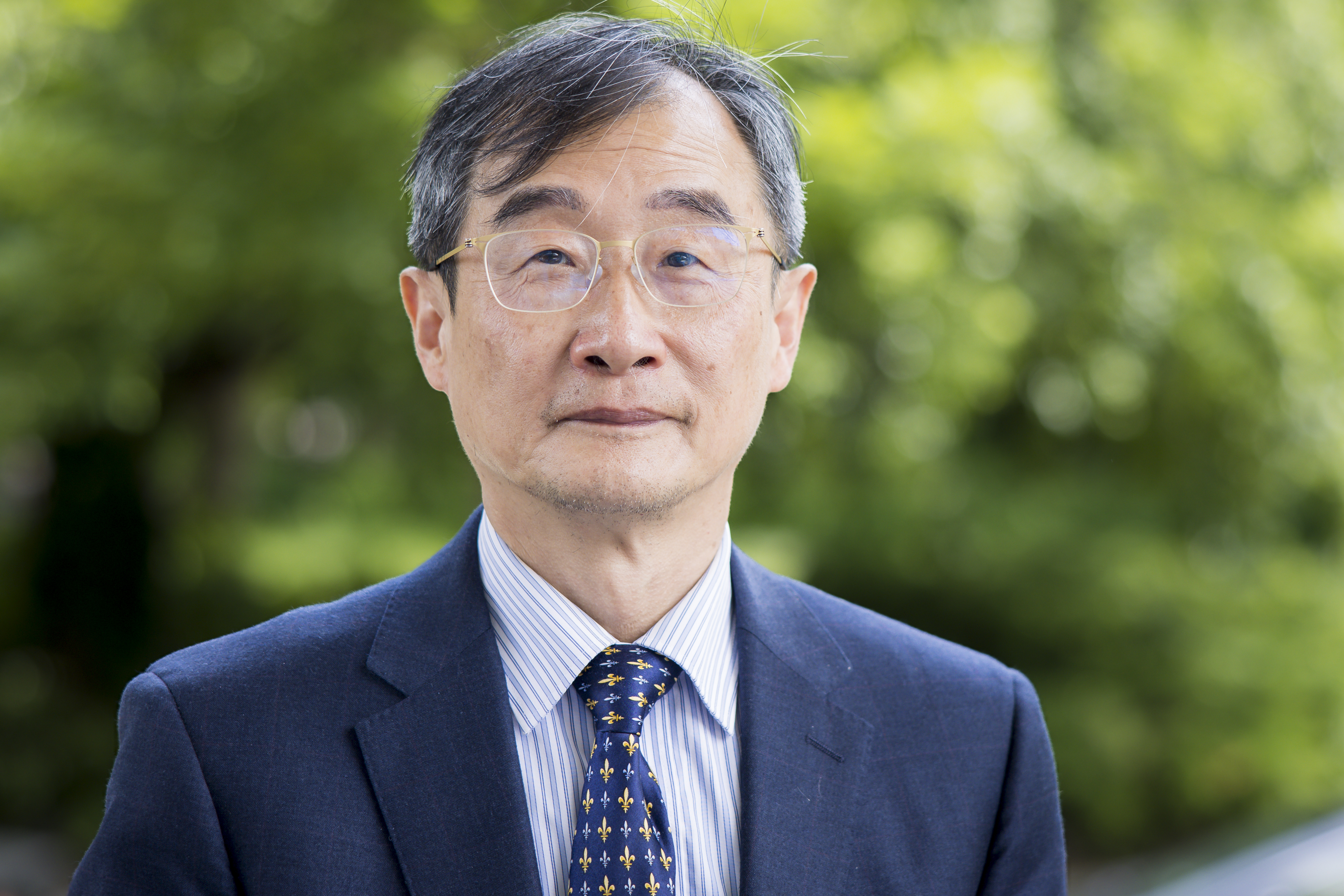
- What are the main drivers of the technological competition between the US and China?
- The technological war is more on the field of emerging or cutting-edge technology. More about ICT, semiconductors, and AI. If it were a normal competition, it would be welcomed because any innovation or technological progress needs this kind of competition. But nowadays, the situation is far from normal; it’s a vicious competition from the American side. Washington doesn’t want to lose its primacy. The US could have done so much more to invest in the domestic technology sector, yet they decided to impose sanctions and restrictions on Chinese firms like Huawei. I don’t think that this kind of policy is healthy, and that’s absolutely not fair competition.

- How similar is the current situation to the Cold War?
- I think it’s quite different, although there could be some similarities. The world has changed a lot since the Cold War; the international community is more globalised now than ever. If we talk about trade, economy or even technology, it is so closely integrated that these ties couldn’t be easily cut. The European Union became a very important entity, not only from the aspect of the economy but also from a high-tech point of view. In recent years, the EU has emphasised strategic autonomy and the sovereignty of technology. It’s true that the US and EU are allies, but I don’t think that they look at everything through the same lens. They are not very much on the same page regarding economic and technological issues; European countries have their own interests, especially business interests. If the US doesn’t put pressure on the EU member states to follow its policy on China, then the sanctions will not have enough effect. That’s why I don’t think we would fall into a similar situation like the Cold War because this is not beneficial for the third or fourth parties.
- Could the EU-China partnership survive the growing US-China tensions?
- We always look at EU member states as partners. We have more cooperation than competition and more common sense than disputes. Of course, we don’t agree on every issue, but we have a lot of joint projects, for example, on climate change, green economy, renewable energy, and we cooperate for better global governance overall. That’s why we should keep these channels open and tighten our relations.
The author is editor of Eurasia